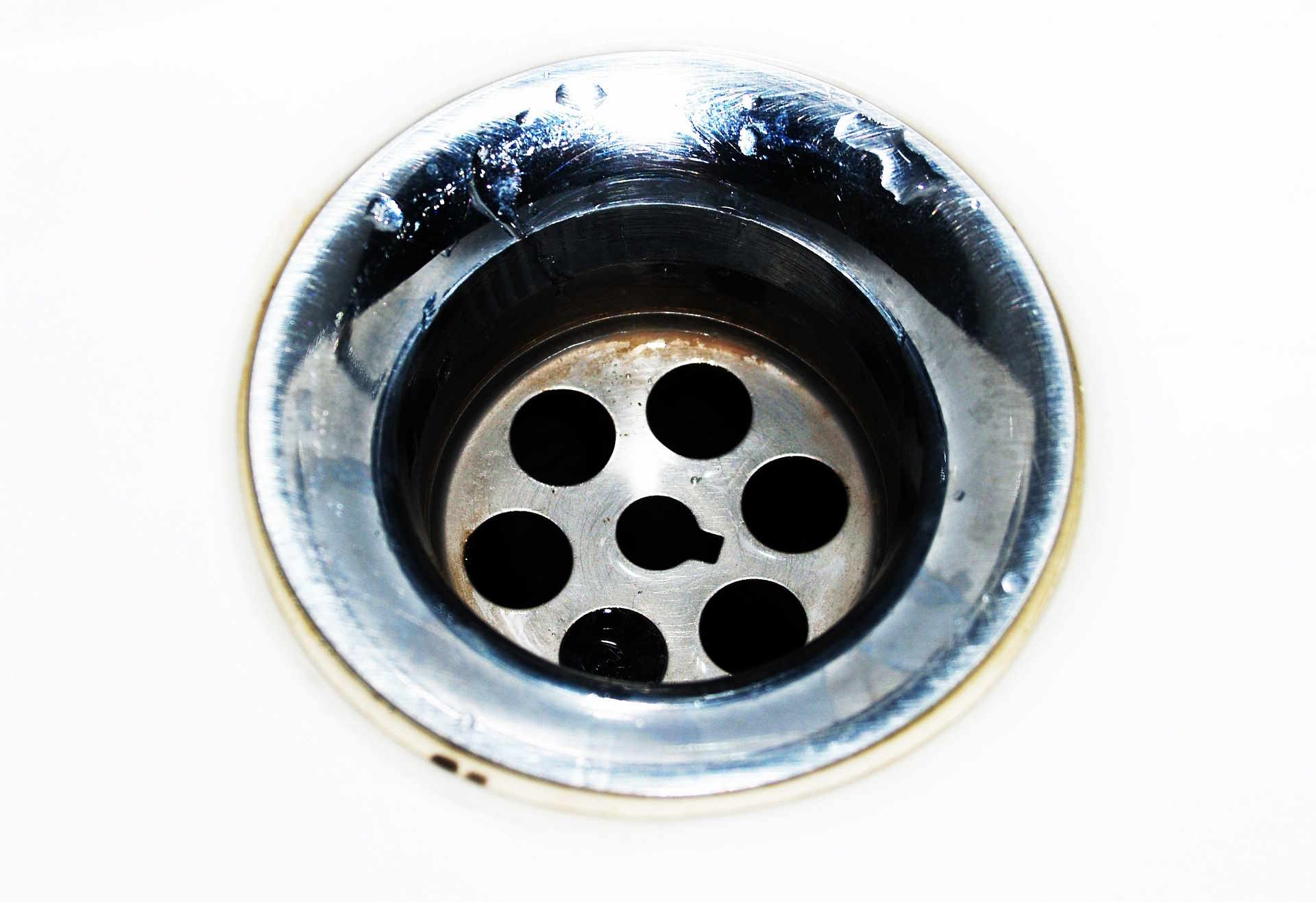Drain Cleaning Tips — And When You Shouldn’t Do It Alone
Keeping your drains and pipes clean is a key part of responsible homeownership, but it’s often neglected until something goes wrong. Whether it’s unpleasant smells from the bathroom or water backing up in the kitchen, these warning signs can turn into expensive problems if ignored. Knowing the causes of clogs, recognizing when your system needs attention, and understanding how to handle issues early can help you avoid major repairs and maintain a healthy plumbing system.

Warning Signs That Your Drains Need Attention
Several telltale indicators suggest your drains require immediate care. Slow-draining water in sinks, tubs, or showers often signals the beginning of a blockage. Gurgling sounds coming from your drains indicate trapped air, which typically occurs when water struggles to flow past an obstruction.
Unpleasant odors emanating from drains suggest organic matter has accumulated and begun decomposing within your pipes. Water backing up into other fixtures when you use appliances like washing machines or dishwashers points to more serious blockages in your main drain lines.
Frequent clogs in the same location, even after clearing them, indicate an underlying issue that temporary fixes won’t resolve. These recurring problems often require professional assessment to identify root causes like pipe damage, improper installation, or severe buildup.
Common Causes of Household Drain Clogs
Understanding what causes drain blockages helps prevent future problems. In bathroom drains, hair combines with soap residue and personal care products to create stubborn clogs. Shower and bathtub drains are particularly susceptible because long hair easily tangles around existing debris.
Kitchen sinks face different challenges. Grease and cooking oils solidify as they cool, coating pipe walls and trapping food particles. Coffee grounds, despite seeming harmless, don’t dissolve and accumulate over time. Even small food scraps can contribute to blockages when they combine with grease buildup.
Throughout the home, items that shouldn’t enter drains often cause major problems. Dental floss, cotton swabs, feminine hygiene products, and excessive toilet paper can create blockages that resist simple clearing methods. Tree roots infiltrating outdoor sewer lines represent another common cause, particularly in older homes with aging pipe systems.
DIY Solutions vs. Professional Services
Simple drain clogs often respond well to DIY approaches. Plungers work effectively for basic blockages, particularly in toilets and sometimes in sinks. Baking soda and vinegar create a natural cleaning reaction that can dissolve minor organic buildup. Hot water flushes can help dissolve soap residue and light grease accumulation.
Drain snakes or augers allow homeowners to physically remove hair clogs and small obstructions from accessible portions of pipes. These tools work well for bathroom drains where hair is the primary culprit.
However, certain situations demand professional intervention. Chemical drain cleaners, while tempting, can damage pipes and harm the environment. Persistent clogs that return quickly after clearing indicate deeper issues requiring professional equipment. Multiple drain backups suggest main line problems that need expert diagnosis.
Professional plumbers possess specialized tools like high-pressure water jetting systems and advanced cameras for pipe inspection. They can identify structural problems, remove tree roots, and address issues beyond the reach of typical household tools.
Recommended Maintenance Schedule
Preventive maintenance significantly reduces the likelihood of serious drain problems. Weekly practices include running hot water through all drains to help dissolve soap residue and light grease buildup. Installing drain screens in bathrooms prevents hair from entering pipes while allowing water to flow freely.
Monthly maintenance should include treating drains with natural cleaning solutions. Pour baking soda followed by vinegar down each drain, let the mixture sit for several hours, then flush with hot water. This gentle treatment helps prevent buildup without the harsh effects of chemical cleaners.
Quarterly inspections involve checking all visible drain areas for early warning signs. Look for water stains around fixtures, test drain flow rates, and listen for unusual sounds during water usage. Address minor issues promptly before they develop into major problems.
Annual professional inspections provide comprehensive assessments of your entire plumbing system. Professional plumbers can identify potential problems, clean main lines, and ensure your system operates efficiently.
Professional Drain Cleaning Services and Costs
Professional drain cleaning services vary in scope and pricing based on the severity of blockages and required methods. Basic service calls for simple clogs typically range from $100 to $250, depending on location and time of service.
| Service Type | Average Cost Range | Typical Applications |
|---|---|---|
| Basic Drain Cleaning | $100 - $250 | Simple sink/tub clogs |
| Hydro Jetting | $350 - $600 | Severe blockages, grease buildup |
| Main Line Cleaning | $200 - $500 | Multi-drain backups |
| Camera Inspection | $150 - $400 | Diagnostic assessment |
| Emergency Service | $200 - $500+ | After-hours calls |
Prices, rates, or cost estimates mentioned in this article are based on the latest available information but may change over time. Independent research is advised before making financial decisions.
Hydro jetting, which uses high-pressure water to clear severe blockages and clean pipe walls, costs more but provides thorough results for stubborn clogs. Main line cleaning addresses whole-house drainage issues and represents a mid-range investment that prevents more expensive repairs.
Emergency services command premium pricing, particularly during weekends and holidays. Planning ahead and addressing problems during regular business hours helps control costs while ensuring proper resolution.
Conclusion
Effective drain maintenance combines regular preventive care with knowing when professional help is necessary. While many minor clogs respond well to simple DIY methods, persistent problems and multi-drain issues require professional expertise. By recognizing warning signs early and maintaining a regular cleaning schedule, homeowners can minimize both the frequency and severity of drain problems. Remember that investing in professional cleaning services when appropriate prevents more costly repairs and ensures your plumbing system continues operating reliably for years to come.




